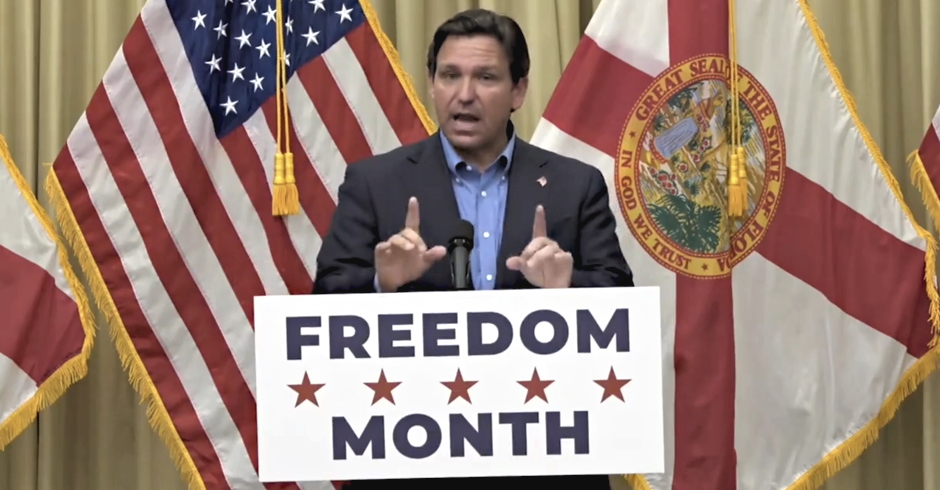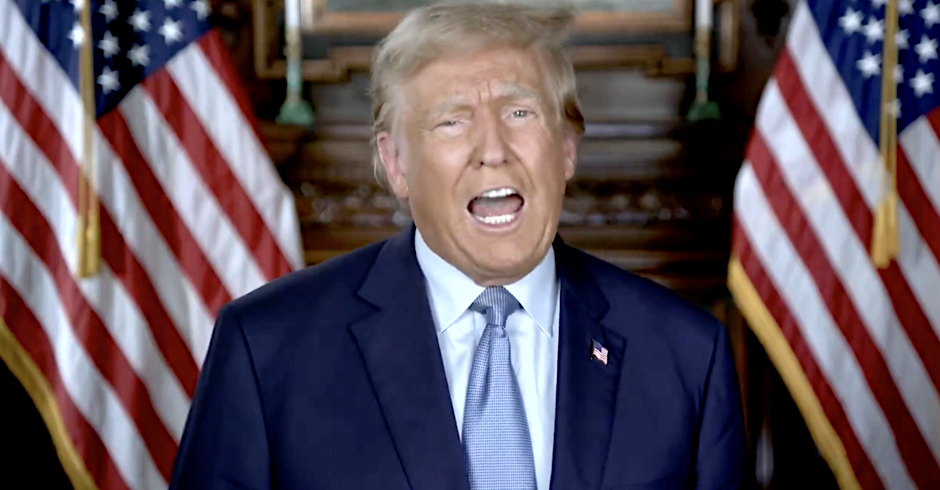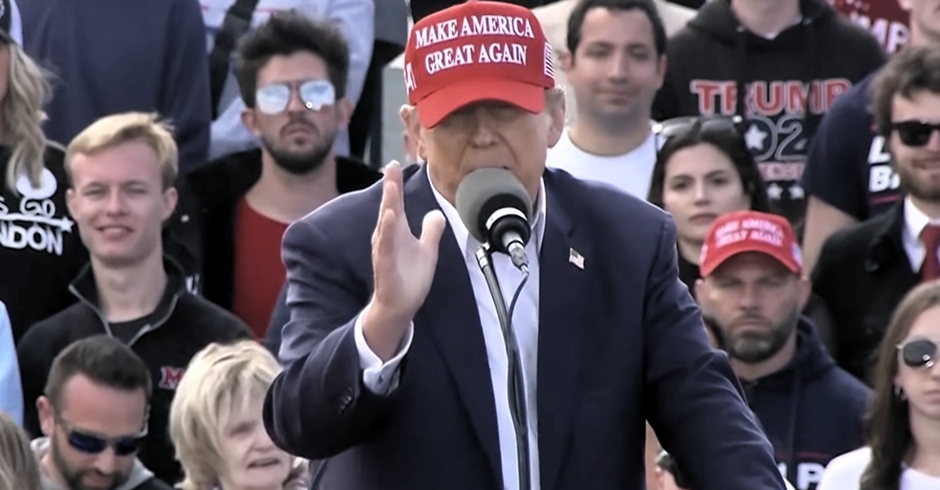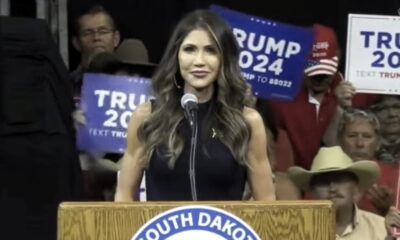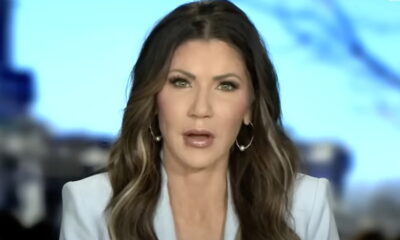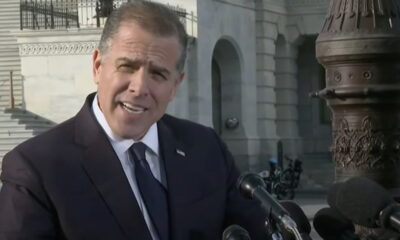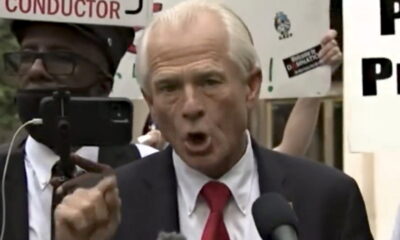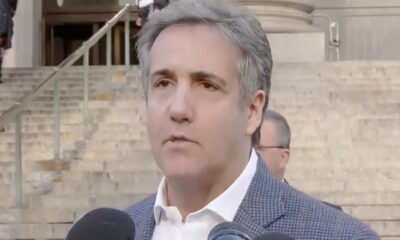Bayard Rustin, Martin Luther King, Jr.’s Gay Strategist, Deserves Better
Master strategist Bayard Rustin was Martin Luther King Jr.’s organizer for the 1963 March on Washington, but because he was gay, he has been hidden from history. Activist Stuart Wilber explains.
In 1956, Bayard Rustin was hidden in the trunk of a car and snuck out of Montgomery during the Montgomery Bus Boycott because it was feared that having an openly-gay man as an advisor would discredit the efforts of Dr. Martin Luther King and the other leaders of the African-American Civil Rights Movement.
In ‎1983, Congressman Walter Fauntroy, one the organizers of a Washington March marking the 20th anniversary of the iconic March on Washington for Jobs and Freedom, (where  Martin Luther King, Jr. delivered his historic “I Have a Dream” speech,) attempted to prevent representatives from gay and lesbian rights groups from speaking, thereby insulting the memory of the openly-gay Bayard Rustin, the architect of the original 1963 civil rights march.
(See below for some interesting additional history on this event.)
It’s time we bring Bayard’s legacy out of the closet and into the national spotlight.
Walter Naegle, Rustin’s partner until death, wrote,
“A master strategist and tireless activist, Bayard Rustin is best remembered as the organizer of the 1963 March on Washington, one of the largest nonviolent protests ever held in the U.S. He brought Gandhi’s protest techniques to the American civil rights movement and helped mold Martin Luther King, Jr. into an international symbol of peace and nonviolence.
Despite these achievements, Rustin was silenced, threatened, arrested, beaten, imprisoned, and ï¬red from important leadership positions, largely because he was an openly gay man in a ï¬ercely homophobic era.
Today, the United States is still struggling with many of the issues Bayard Rustin sought to change during his long, illustrious career. His focus on civil and economic rights and his belief in peace, human rights, and the dignity of all people remain as relevant today as they were in the 1950s and 60s.
Rustin’s biography is particularly important for LGBT Americans, highlighting the major contributions of a gay man to ending oficial segregation in America. Rustin stands at the confluence of the great struggles for civil, legal, and human rights by African Americans and lesbian and gay Americans. In a nation still torn by racial hatred and violence, bigotry against homosexuals, and extraordinary divides between rich and poor, his eloquent voice is needed today.
In February 1956, when Bayard Rustin arrived in Montgomery to assist with the nascent bus boycott, Martin Luther King, Jr. had not fully embraced nonviolence. In fact, there were guns inside King’s house and armed guards posted at his doors. Rustin persuaded boycott leaders to adopt complete nonviolence, teaching them Gandhian nonviolent direct protest techniques.â€
Sunday’s Washington Post profiled Bayard Rustin’s role in the 1963 March:
“The March on Washington for Jobs and Freedom will be forever known as the day that ensured the success of the civil rights movement and launched the Rev. Martin Luther King Jr. into the highest pantheon of American champions. Next week, on the 48th anniversary of the march, King will be anointed into that ultra-selective fraternity of national leaders memorialized on the Mall.
But for hundreds of civil rights veterans, Aug. 28 will also always be Bayard’s Day, the crowning achievement of one of the movement’s most effective, and unconventional, activists.
“When the anniversary comes around, frankly I think of Bayard as much as I think of King,†says Norton. “King could hardly have given the speech if the march had not been so well attended and so well organized. If there had been any kind of disturbance, that would have been the story.â€
March 17, 2012 marks the 100th anniversary of Bayard’s birth. 2013 marks the 50th anniversary of the Historic March. Events are being planned around the country that will emphasize Bayard Rustin’s role in the Civil Rights Movement.
https://youtube.com/watch?v=tFJDlzm5zDM%3Fversion%3D3%26hl%3Den_US
Since its premiere at the Sundance Film Festival and its national broadcasts on PBS’ P.O.V. series and on Logo/MTV, the film Brother Outsider has introduced millions of viewers around the world to the life and work of Bayard Rustin. It is a must-see for any LGBTQ person interested in understanding the history of the Civil Rights Movement. The film is available for purchase from its producers. It has been submitted to Netflix — but the folks at Netflix won’t make the Rustin film available via DVD or in streaming format until they are convinced that there is demand among viewers. If you are a Netflix subscriber, would you please help out by adding Brother Outsider to your queue? Giving the film a rating and/or writing a review would be great, too!
If you wish to organize or participate in an event, please contact Mandy Carter or Stuart Wilber at stuartwilber@yahoo.com
As noted above, according to Rev. Troy Perry in the book “Profiles in Gay and Lesbian Courage,” in 1983, Congressman Walter Fauntroy, a Baptist pastor and one of the organizers of the Washington March marking the 20th anniversary of the iconic March on Washington for Jobs and Freedom, fought against any gay inclusion. Even event committee leader Coretta Scott King was not yet ready to embrace gay equality at that point, for fear it would alienate too many among black clergy. It took a sit-in and arrests in Fauntroy’s office, threats of a boycott by N.O.W. and the Quakers, and an after-midnight, nearly three-hour conference call with Mrs. King and committee members in which her husband’s own words on taking moral stands against prevailing majority opinion were used by National Coalition of Black Gays director Gil Gilberto and NG[L]TF director Ginny Apuzzo to try to get her and others to change their minds.
They succeeded, and a press conference hours later announced that gays would be included. Lesbian poet Audre Lorde was our community’s representative, speaking to the huge march crowd from the steps of the Lincoln Memorial. Sadly, while Mrs. King thanked Lorde for being there shortly before she spoke, and became one of our great individual champions, and gay speakers were warmly welcomed at the 30th and 40th anniversary events, the grand new coalition between the black civil rights movement and the gay rights movement that Lorde spoke so affirmatively of on that day has yet to happen over a quarter of a century later.
Fauntroy has since become even more rabidly homophobic, among other things, being one of those to fight against marriage equality in Washington, D.C. Pouring even more insult on Rustin’s legacy, if possible, Fauntroy was identified by organizers of an antigay protest in D.C. last year as having been the organizer of the 1963 march.
Excerpt from BROTHER OUTSIDER Action Guide used by permission of Question Why Films.
Photograph used by permission of Walter Naegle.
Stuart Wilber is a Seattle activist who skipped classes in high school to watch the McCarthy– Army Hearings. Having seen it get better and worse and better again over the years, he continues to hope he will experience full federal equality in his lifetime.Â
Â

Enjoy this piece?
… then let us make a small request. The New Civil Rights Movement depends on readers like you to meet our ongoing expenses and continue producing quality progressive journalism. Three Silicon Valley giants consume 70 percent of all online advertising dollars, so we need your help to continue doing what we do.
NCRM is independent. You won’t find mainstream media bias here. From unflinching coverage of religious extremism, to spotlighting efforts to roll back our rights, NCRM continues to speak truth to power. America needs independent voices like NCRM to be sure no one is forgotten.
Every reader contribution, whatever the amount, makes a tremendous difference. Help ensure NCRM remains independent long into the future. Support progressive journalism with a one-time contribution to NCRM, or click here to become a subscriber. Thank you. Click here to donate by check.
 |
